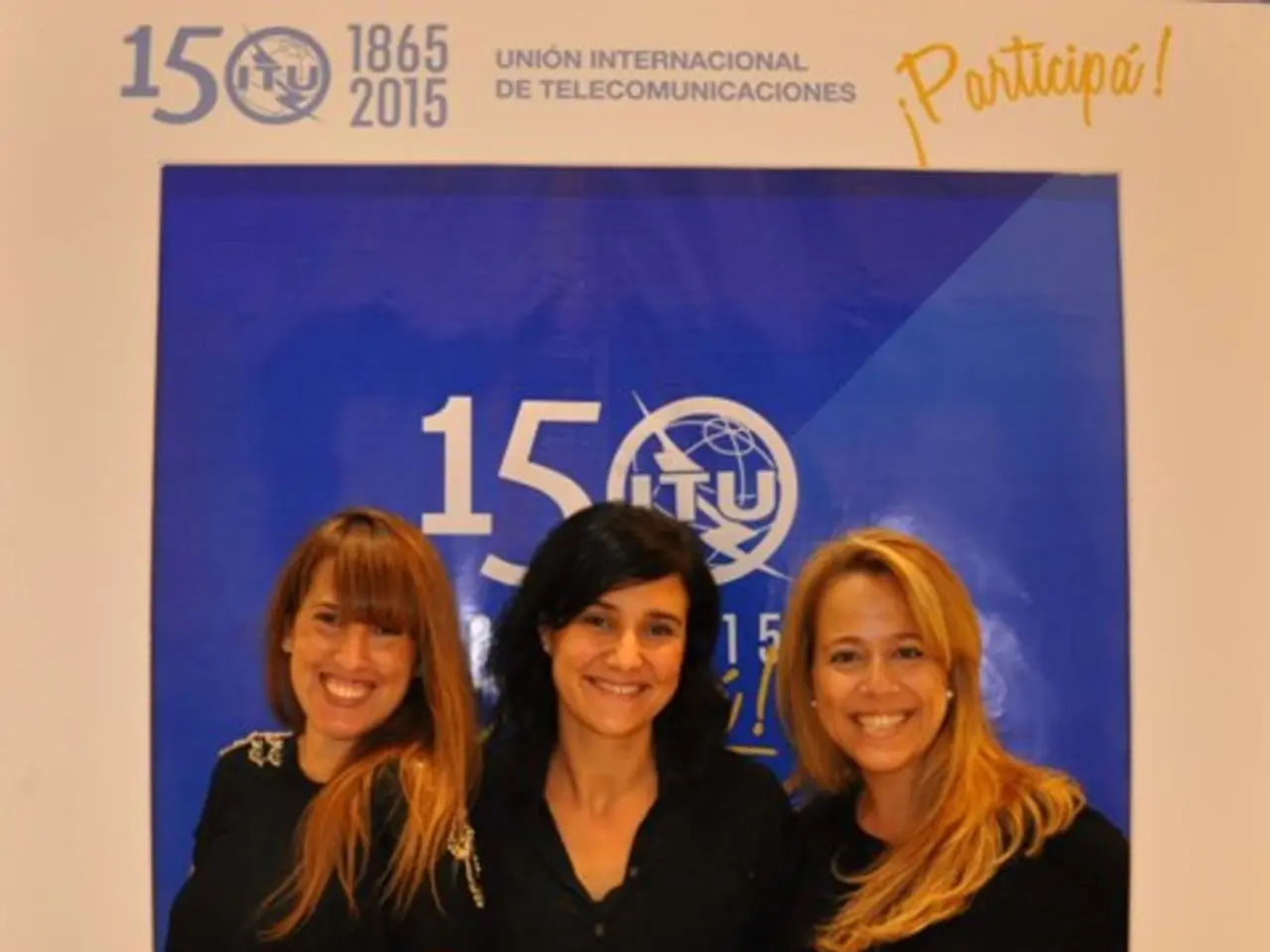Investigative Specialist Expresses Reservations Towards Brightstar
Brightstar Lottery Secures Nine-Year Italy Lotto License and Announces Strategic Shifts
Brightstar Lottery PLC, a significant player in Europe's lottery market, has secured a nine-year Italy Lotto license through a consortium, marking a significant expansion in one of the continent's most lucrative lottery markets. The company paid approximately $500 million for the license.
Simultaneously, Brightstar completed the sale of its Gaming & Digital business for $4 billion in cash, a strategic move aimed at focusing solely on its lottery operations.
With the proceeds from this asset sale, Brightstar has embarked on a debt reduction strategy, allocating about $2 billion to reduce outstanding debt. The company also announced a $1.1 billion capital return to shareholders, comprising dividends and share buybacks, reflecting a commitment to enhancing shareholder value and maintaining financial discipline.
Following the transaction, Brightstar Lottery holds liquidity of approximately $2.9 billion and aims to maintain a net debt leverage ratio around 3.0x, ensuring a strong balance sheet supported by robust cash flows. This financial positioning underpins their operational focus on low-volatility lottery games and long-term sustainable growth.
Jefferies Equity Research analyst David Katz, who initiated coverage of Brightstar Lottery on July 7, has a positive view of the company's debt reduction and share buybacks but expresses concern about the cost and competition in the lottery sector.
The Italian concession fee structure was not previously mentioned. The fee will be broken into three parts: $550 million due up front, $330 million coming in the fourth quarter of 2025, and the remaining $1.5 billion due in the second quarter of 2026.
Capital returns took two forms, totaling $1.1 billion. Brightstar plans to repurchase its shares at a pace of 75 million per quarter over a six-quarter period, and a $3-per-share special dividend will be paid to stockholders. The sale resulted in significant capital returns and a lower leveraged company, according to management.
Katz also recognised the $4 billion sale of IGT's gaming-machine business to Apollo as a positive event. However, he noted that the Italian lottery contract rebid was higher than expectations of €1.5-1.7 billion, which could be a concern for the company in the near future.
In summary, Brightstar's strategy involves securing a key Italy Lotto license, establishing a pure-play lottery business model, aggressively reducing debt, and delivering significant shareholder returns. The company aims to maintain a strong liquidity buffer and disciplined capital structure to support growth and innovation in lottery technology internationally.
- In its pursuit of growth, Brightstar Lottery will utilize the proceeds from the sale of its Gaming & Digital business to invest in technology for their newly established pure-play lottery operations.
- The company's financial strategy also includes allocating funds for investing in lottery technology, aiming to drive innovation across international markets and remain competitive within the ever-evolving business landscape.




